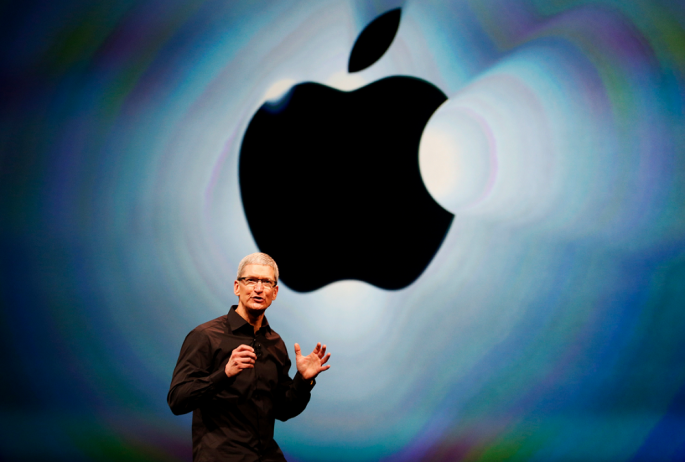Has Apple set a standard so high in the past that such an outlook has rubbed off on Wall Street analysts who are not impressed with the tech giant's sales of 47.5 million iPhones for its fiscal third quarter?
Analysts believe that the Cupertino-based firm should have sold 50 million units of its flagship. They also point out that the figure is 40 percent lower than the fiscal second quarter figure and 46 percent lower compared to the fiscal first quarter. But reckoned from a year ago, it was 13 percent higher.
It was nevertheless a 35 percent growth which confirmed the iPhone's status as the biggest revenue and profit-generator for Apple. iPhone sales helped boost the firm's profit by 38 percent to $10.7 billion compared to 12 months ago. Revenue jumped 33 percent to $49.6 billion, reports the New York Times.
Tim Cook, Apple chief executive, described on Tuesday the fiscal third quarter as an amazing quarter because of the 59 percent hike in iPhone revenue, strong Mac sales, services that logged all-time record revenues which were driven by the App Store and a great start for the Apple Watch.
However, Apple did not disclose sales figure for the timepiece that started to sell in April. Analysts' estimate is that it sold only between 1.5 million and 3 million pieces - another disappointment for them since the analysts anticipated no less than 3 million to 5 million sales.
When asked what appears to be a slower growth of iPhone sales, Cook said that so far only 27 percent of iPhone users upgraded to the iPhone 6, but he believes the numbers would improve in the next quarter as more owners trade up. He adds that while upgrade has slowed a bit, more people shifted to iOS-run devices from Android-powered gadgets. Spring is also a season known for weaker sales of devices.
While many analysts were not so happy, Sanford C. Bernstein financial analyst Toni Sacconaghi nevertheless finds Apple's sales data "mind-boggling" since it produces over $200 million yearly revenue and reached a market capitalization of $753 billion.
However, Apple's being tight-lipped on sales of Apple Watch has caused some investors to take it as a signal to sell their shares, according to analysts, reports The Independent. As a result, Apple shareprices shed 7 percent in after-hours trading and caused stock shares to drop to $121 on Tuesday night from $130 when the markets closed.



























